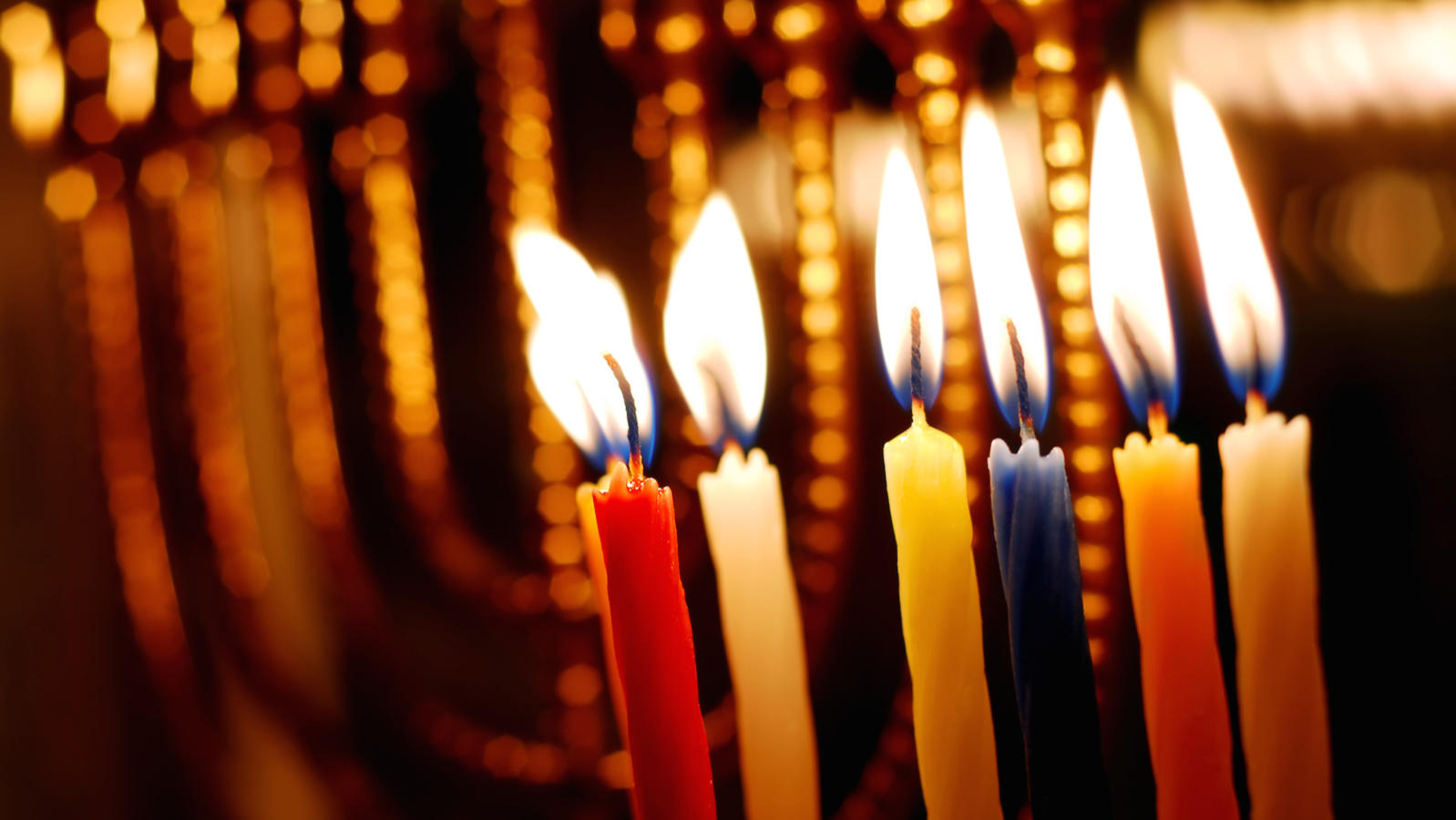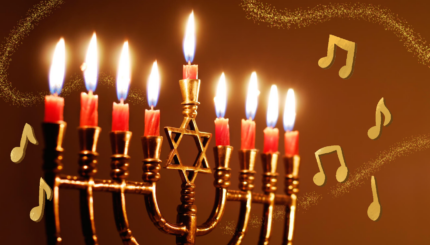points to the fragility of historical redemption and the ambiguity of its messengers and leaders. Salvation does not come from one group or through pure angelic leaders. Redemption comes out of a mixture of self-interest, ideas, class and social conflicts; out of governmental errors and human miscalculation.
Note: The Chasidim (“pious ones”) referred to in this article comprised a group of Jews known for their loyalty to traditional non-Hellenistic Judaism around the time of the Maccabees. There is no relationship between these Chasidim and the Eastern European Hasidic movement that developed in the second half of the 18th century.
One should not be put off by the all-too-human frailties and shortcomings of Jewish leaders and organizations. The faults should be challenged and worked on, but the ultimate validity of the cause is not destroyed by such flaws. There are those who insist on perfect religious frameworks or absolute victories; they grow disillusioned with the ambiguous victories of Israel or the Jewish community. There are those who grow weary that the victories of 1967 and 1973 are not final. Hanukkah shows that spirit can persist.
By the same token, there are religious Jews who insist that this generation does not have the spiritual authority to create Yom Ha’ Atzmaut [Israel Independence Day] as a religious holiday or to develop Jewish law to respond fully to the valid needs of the Jewish state. The lesson of the Maccabees’ rulings is that authority in Jewish law flows from the community of Israel (standing before its God and its commandments) and not necessarily from official rulings. Those who persevere in the historical task will live to celebrate the flowering of the victory. Those who insist on perfection or nothing will surrender the world to evil, making possible the triumph of evil. That is the punishment for simplemindedness.

Help us keep Jewish knowledge accessible to millions of people around the world.
Your donation to My Jewish Learning fuels endless journeys of Jewish discovery. With your help, My Jewish Learning can continue to provide nonstop opportunities for learning, connection and growth.
This confirms Rabbi Israel Salanter’s argument that to be a good Jew one must have every human quality and its opposite. There was a point in the Hasmonean revolt where martyrdom was the only option that could deter the enemy and rally Jewish faithfulness. There was another point where the insistence on martyrdom meant handing over control of the everyday world to the wicked. Some used resurrection and immortality–two of the greatest teachings of Judaism and of all religion–as an anodyne. These teachings softened the pain of martyrdom but also removed the Chasidim [pious ones] from the world of historical responsibility where a new, modest, but vital redemption was being won in the hills of Judea. For others, resurrection and immortality were the burning moral necessities that spurred them on to fearless acts of courage and liberation.
The Jewish way calls on every human quality and every skill known to humanity. The past culture demanded fortitude and long-suffering, tolerating powerlessness and persecution without internalizing them. The present culture demands active responsibility, handling affluence, acceptance, and power without absolutizing them. The battle of Hanukkah is being fought again, not in military engagements but through creating family ties, competing educationally, communicating values and messages, holding and deepening loyalties. It can only be won by partial solutions, visionary persistence, and realistic dreams.
Pessimists and assimilationists have more than once informed Jew that there is no more oil left to burn. As long as Hanukkah is studied and remembered, Jews will not surrender to the night. The proper response, as Hanukkah teaches, is not to curse the darkness but to light a candle.
Reprinted with permission of the author from The Jewish Way: Living the Holidays.
Explore Hanukkah’s history, global traditions, food and more with My Jewish Learning’s “All About Hanukkah” email series. Sign up to take a journey through Hanukkah and go deeper into the Festival of Lights.



